T-Mobile myTouch 4G Slide benchmark tests

Utilizing the same dual-core 1.2 GHz Qualcomm Snapdragon processor that’s found with the HTC Sensation 4G, it’s a safe bet to say that we can expect a resounding platform experience with the upcoming T-Mobile myTouch 4G Slide as well. There’s no kidding about it, the handset’s photo-taking capabilities are taking much of the spotlight, but interestingly enough, you can’t hide the fact that it’s all available thanks partly to its peppy processor.
Much like most other high-end devices we’ve been checking out of late, we decided to run a couple benchmark apps to see where the handset is placed amongst the competition. As much as some people gauge performance purely by raw benchmark scores, others simply grade things based on the actual platform experience, which of course is always going to be a good indicator on how specific handsets perform in the real world.
Running the Quadrant benchmark test first, the T-Mobile myTouch 4G Slide is able to put up scores between 1,914 to 2,002 – though, it broke the 2,000 mark only once during our testing. Moreover, the handset is able to achieve an overall score of 4,210 with the AnTutu benchmark app, which is actually better than the score put up by the HTC Sensation 4G. Obviously, the scores are nowhere close to being mind-blowing, but considering that HTC Sense 3.0 is an undeniably processor intensive experience with its glitzy presentation, our actual results aren’t all that surprising.
Regardless, the platform experience so far on the handset is pretty tight and responsive, but we’ll be installing a few different things and using the handset normally like we do on an everyday basis to gauge its level of performance.
Running the Quadrant benchmark test first, the T-Mobile myTouch 4G Slide is able to put up scores between 1,914 to 2,002 – though, it broke the 2,000 mark only once during our testing. Moreover, the handset is able to achieve an overall score of 4,210 with the AnTutu benchmark app, which is actually better than the score put up by the HTC Sensation 4G. Obviously, the scores are nowhere close to being mind-blowing, but considering that HTC Sense 3.0 is an undeniably processor intensive experience with its glitzy presentation, our actual results aren’t all that surprising.
Regardless, the platform experience so far on the handset is pretty tight and responsive, but we’ll be installing a few different things and using the handset normally like we do on an everyday basis to gauge its level of performance.



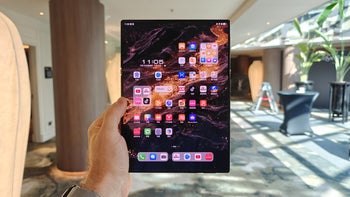

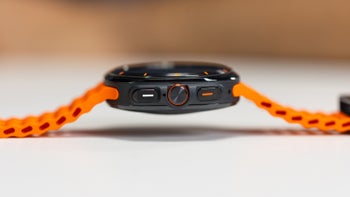
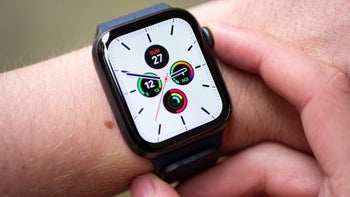
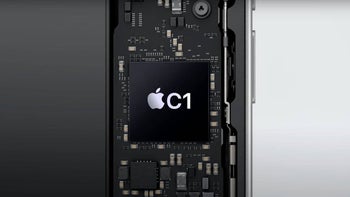

![Galaxy S25 Edge hands on video shows off slim design and key specs [UPDATED]](https://m-cdn.phonearena.com/images/article/167870-wide-two_350/Galaxy-S25-Edge-hands-on-video-shows-off-slim-design-and-key-specs-UPDATED.jpg)
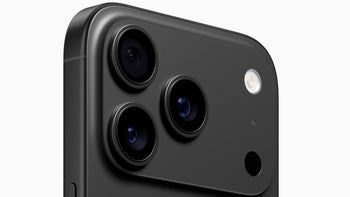
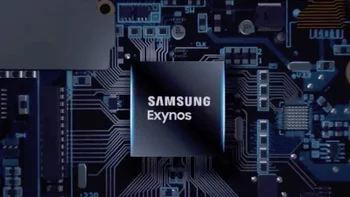
Things that are NOT allowed: